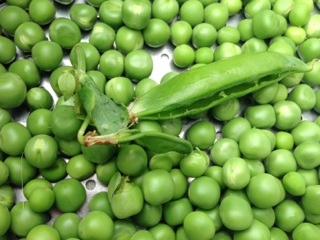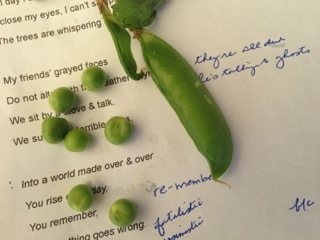A Guest Series Curated by Nicole Rollender. Intro to project here.
Call and Response: “The Days”
The late, great Jon Anderson used poetry as a vehicle for stark (and possibly uncomfortable) self-reckoning: “My prime motive for writing is self-confrontation, and I find poems the best way to employ language to do this. My poetry isn’t for everyone. It’s for people like myself who want to contend with themselves. I think of my poems as intimate conversations with close friends, to whom I’m not afraid to reveal my vulnerabilities and loneliness.” The poem, “The Days” comes from In Sepia, which was Anderson’s third book of poems. His poetry is spare and controlled – but movingly precise in emotion and observation.
The Days
All day I bear myself to such reward:
I close my eyes, I can’t sleep,
The trees are whispering flat as water.
My friends’ grayed faces
Do not alter with the weather anymore.
We sit by a stove & talk.
We suffer the terrible news.
Into a world made over & over
You rise each day,
You remember,
& something goes wrong.
God, if I had a wish, I swear
I wouldn’t know what to spend it on.
RESPONSE #2: By Emily Shearer
Jon Anderson’s poem “The Days” sent me searching like someone who, while slurping soggy Raisin Bran, suddenly remembers the vague shell of a dream and can’t quite chase down the thread of it. Anderson’s words reminded me of the vague haze of another poem, something about a man who goes out walking at midnight, and then returns to his warm bed. That’s all I can remember, and I can’t put my finger on why the one poem, so spare and vulnerable, reminded me of the other. Is it because they both speak to the passage of time? The inevitable end of the night that leads to a new dawn, a “world made over & over”? Even if I could find the poem, I might not be able to draw a conclusive connection. And isn’t that how poetry works most of the time, at the level beneath cognitive understanding?
My own outlook, my world-view that comes through in my writing, though at times may seem that I’m looking through the wrong end of the kaleidoscope, is never as stark, as morose, as philosophically dour as Anderson’s. I wish I could have asked him if he couldn’t decide what to spend his wish on because he was overwhelmed with too much choice, or not enough.
I thought maybe the poem I was looking for belonged to W.S. Merwin, so my treasure hunt brought me to The Shadow of Sirius, his Pulitzer Prize winner. In it, though I didn’t find the wisp of the poem I was looking for, I came across poems like “Still Morning” and “Rain Light” and lines like this one, from “Youth”:
from what we cannot hold the stars are made
We cannot hold anything. We can’t hold the wispy tendrils of memory that criss-cross our brains like cobwebs in an attic. We can’t hold onto days, or friends who move away, or the crunch in the Raisin Bran once we’ve poured the milk. The only solution is to eat it up, to savor those late night talks by the stove, to read all the poems we come across when we’re looking for that one that eludes us. To look up into the stars and say, There. That is what we cannot hold. That is poetry.
Shelling
Shelling peas, each perfect green a bead on a long necklace
Let go a knot and the strand runs down my spine
to my grandmother’s Alabama back-country porch stoop.
A poet friend stops by.
Despite my Southern grace,
I don’t speak his religion; I don’t relate.
His expression is nothing but gray to me.
My grandmother’s kitchen’s been empty since
before I had any understanding except for this:
I’m no crow snatching at shine.
I have no knack for undoing macrame’s lack of practicality.
It is not my duty to catch wisps in errant prayers.
I’m here to chase down wisps but not to trap them.
The chasing’s where the plenitude goes right.
The whole time I’m shelling peas, the poet’s tight. His one wish
is to fit them back in their pods.
I offer him berries to savor in place of peas.
He might say he favors the pucker of red currants
but I swear, wild blues will appease him, suit him better.
He needs to wear their stain. He needs to dance.
***
Emily Shearer shells peas, writes poetry, practices yoga and dances in her kitchen in Prague, Czech Republic. She is poetry editor for Minerva Rising.
![[PANK]](https://pankmagazine.com/wp-content/themes/pank/assets/images/pank-logo-large.png)


